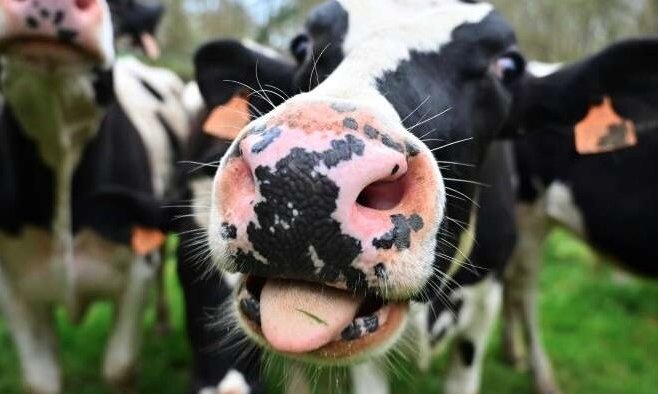Warning on increased risk of Q fever in NSW due to drought conditions
Martin Sinclair Sep 30

NSW Health and SafeWork NSW are urging people to get vaccinated and to take other steps to prevent Q fever, as drought and high winds may increase the risk of the disease spreading.
What is Q fever?
Q Fever is a serious bacterial infection which is carried by cattle, sheep and goats, as well as native and some domesticated animals.
Caused by inhaling dust particles contaminated by infected animal secretions, symptoms can appear like severe flu, with high fevers and chills, sweating, severe headaches, muscle and joint pains and extreme fatigue.
Chronic lethargy can remain for months after treatment. In severe cases, it can cause hepatitis or pneumonia.
People who are in direct contact with farm animals, some domestic pets and wildlife are particularly at risk.
This includes livestock and dairy farmers, farm workers, shearers, wool classers, stockyard workers and veterinary staff.
Family members of workers are also at risk as the bacteria can be carried on farm tools or work clothes and brought into the family home.
People who live close to farming areas may also be at risk of infection through indirect contact with infected animals, such as by breathing in contaminated dust.
Vaccination is the best protection against Q fever.
The Q fever vaccine (Q-VAX®) is the best way to prevent infection and is recommended for people who work or intend to work in high-risk occupations.
Anyone aged 15 years and over who has the potential to be exposed to Q fever is also urged to get vaccinated.
People should also take the following steps to protect against Q fever:
wash hands and arms thoroughly in soapy water after any contact with animals
wear a properly fitting P2 mask when handling or disposing of animal products or when mowing or gardening in areas with livestock or native animal droppings
wear protective clothing and thick gloves when working with high-risk animals or animal products
remove and washing dirty clothing, coveralls, boots and equipment in outdoor wash areas to prevent exposing other household residents
wash animal urine, faeces, blood and other body fluids from equipment and surfaces and properly disposing of animal tissues including birth by-products.
For more information on Q fever, ask your GP or go to the NSW Health website or SafeWork NSW website.









